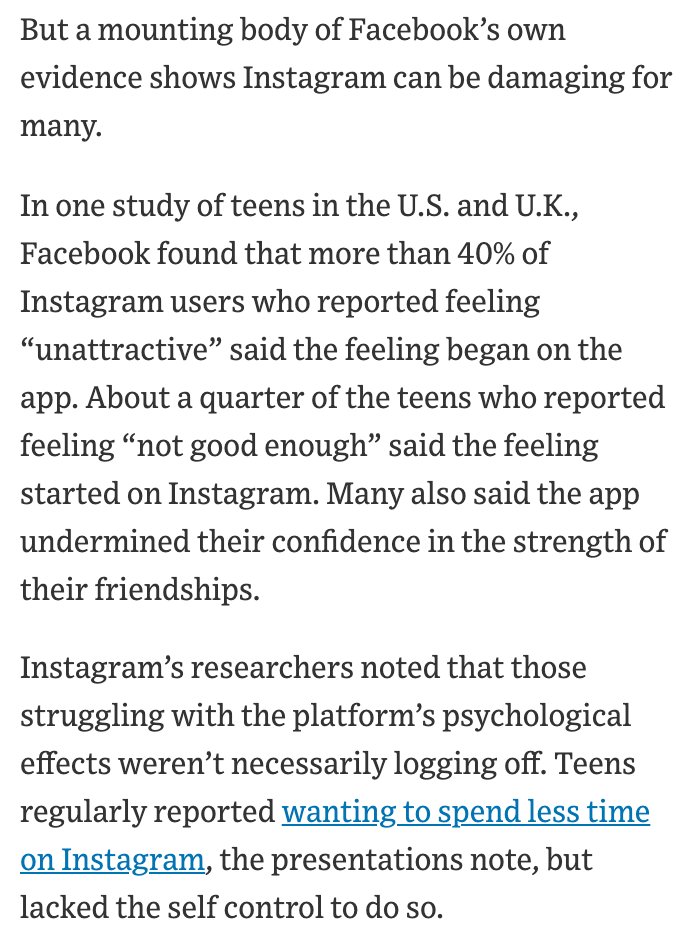
What's the best argument you've read against the Biden vaccine quasi-mandate?
I'm strongly supportive of the vaccine (obv), lightly supportive of the WH's employer mandate/testing policy, and have now read several unpersuasive-to-me cases against the policy.
I'm strongly supportive of the vaccine (obv), lightly supportive of the WH's employer mandate/testing policy, and have now read several unpersuasive-to-me cases against the policy.
States have for decades required immunizations for public education (etc), but suddenly it's The Beginning of Tyranny for the state to make our employment by big firms contingent on vaccination?
That's not v persuasive to me.


That's not v persuasive to me.
https://twitter.com/nwoupdate/status/1440682720351252482?s=20


"Vaccine mandates will trigger a damaging backlash" is possible, but we don't know for sure. It's a guess.
But we have polling data that clearly identifies a group ppl who say they will get vaccinated if it's required.

But we have polling data that clearly identifies a group ppl who say they will get vaccinated if it's required.
https://twitter.com/benbawan/status/1440682729171865613?s=20

"A large-employer vaccine mandate won't make a difference" is possible—it might take a long time to implement, or get struck down, or be unenforceable, etc.
But I think that's an argument for ineffectiveness, not for the imminence of tyranny.
But I think that's an argument for ineffectiveness, not for the imminence of tyranny.
https://twitter.com/dznyc/status/1440686693393125380?s=20
I feel this. I'm concerned about the long-term trend of govt by executive decree.
But there's something to be said of exercising unusual powers in an actual emergency. And right now, 5-times more ppl are dying *every week* of COVID than died on 9/11.
But there's something to be said of exercising unusual powers in an actual emergency. And right now, 5-times more ppl are dying *every week* of COVID than died on 9/11.
https://twitter.com/JrWannamaker/status/1440687966217596941?s=20
To be clear, my expectation-qua-hope here is
a) pandemics end, and this one will too, more or less
b) a vaccine mandate will accelerate the diminishment of the crisis
c) i'm v against a 2021 vax mandate blooming into an interminable set of federal biological requirements
a) pandemics end, and this one will too, more or less
b) a vaccine mandate will accelerate the diminishment of the crisis
c) i'm v against a 2021 vax mandate blooming into an interminable set of federal biological requirements
• • •
Missing some Tweet in this thread? You can try to
force a refresh











